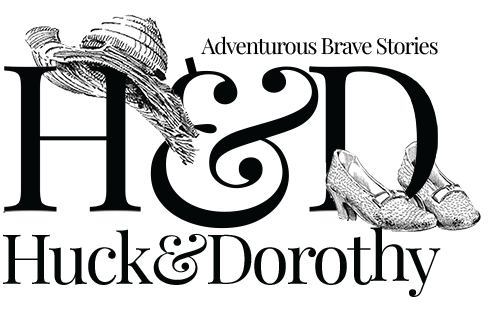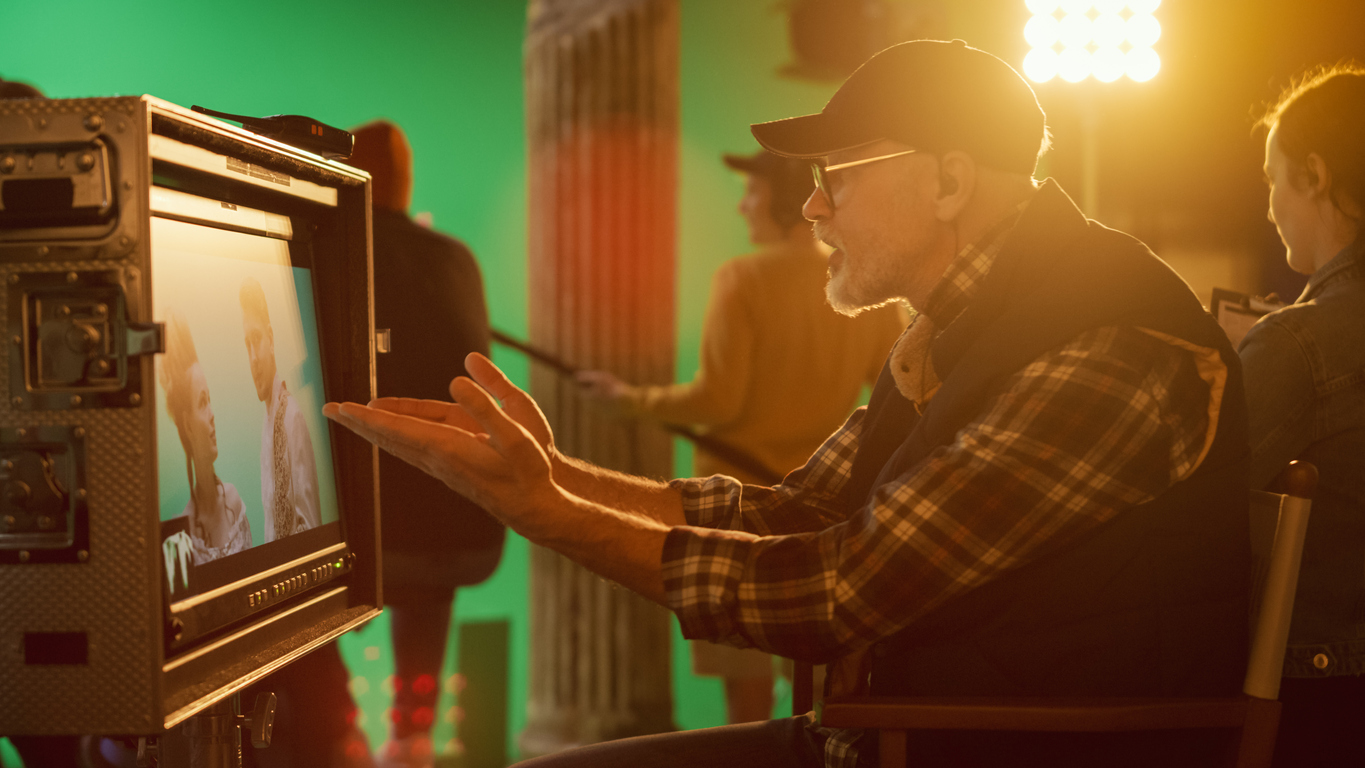Did you make up stories or skits and plays as a kid? You may have children, nephews, or nieces and have observed and/or joined in their imaginary world of wonder and exploration. In the world of play, the possibilities are endless. Anything goes. That is unless a more strong-willed (director-type) personality steps in, where one feeds the others their lines and tells them what is and is not acceptable for the story.
Being a creative artist and actor isn’t far from the land of childhood discovery. But, in the professional market, where you have a hierarchy of command, someone will always tell you, “You’re doing it wrong.” Or some variation of that phrase. Because acting is an art form, creative differences will inevitably arise. One of my first acting coaches used to say, “The director wants X, the actor gives them Y, and the editor creates Z.” Art is a living organism. Its outcome will reflect that.
If you’ve experienced more than one acting class, you know everyone has their spin on the “correct” way to break down and rehearse a script. Many similarities and foundational rules overlap, but the fact is acting coaches are a dime a dozen, and the need to keep you dependent and coming back week after week can lead to nothing short of manipulation.
We are told that acting classes are a “safe space” to explore, but often the opposite is true. You may have a mixed bag of students with varying levels of experience. And that can be an excellent way for people to learn at an accelerated pace. The problem arises when actors are laughed at, whispered about, and cut down in front of their peers. It creates an atmosphere of competition and criticism without the knowledge and acceptance that it takes time to master this craft.
Artists tend to be introspective people and, along with that, have a tendency to over-criticize themselves. When you already give yourself so much negative feedback, it doesn’t help to have a coach yell at you, laugh at you, or tear you down in front of your classmates. You need to be able to trust your coach to give you a lifeline along the way.
What happened to the freedom to make creative choices? As a paying student, it’s essential to feel the support of your coach and the grace to “fail.” Isn’t that what learning and growing is about? The quicker you fail, the quicker you learn. If you can’t do that in your acting class, how will you be able to navigate your time on set? What if the director asks for something completely different from what you experienced in your coaching session?
Every individual is unique and, of course, will interpret and perform the same character from the same scene in their own specific way, filtered through their personality and experience. Not every person is right for every role, which becomes apparent when you read an entire script and understand the picture the writer is painting.
But that doesn’t mean you should be judged the same way in a classroom setting. Every scene is written for you and the person next to you. Comparison with others should be thrown out the window, and you should be able to lend your interpretation and ideas to the mix.
So, are there benefits to taking acting classes? Absolutely, yes. One of my favorite acting coaches never spoke a negative word to actors. When I say never, I mean I never heard him tear someone down. Instead, he lent his support and re-directed positively. His mission was to help you break through and understand your character so you could set your imagination free to step into the character’s world.
Before you walk into the room, guard your heart. Understand that you are the one who gets the final say. Your ideas and perspective matter. And on the flip side, your coach’s understanding and direction also matter. Working with a coach prepares you to work with directors whose opinions ultimately matter.
Acting classes and coaches can aid you with tools and education that help you navigate a script, auditions, and film set expectations. Being with other classmates enables you to see with the eye of a director or casting director. It helps you understand the story and allows you to be vulnerable face to face, under pressure—from not only an experienced professional—but also your peers (which is sometimes more daunting).
However, acting classes should eventually lead you away from more acting classes. What you learn should empower you to become disciplined and apply your learning independently. It should also give you parameters that help you find “your voice.” That is the biggest blessing of all. You will know when the time is right to break away. You will have the confidence and muscle memorization to apply the principles you’ve learned.
As children, we start out with a bold voice—even if it’s in the privacy of our bedroom or backyard. Our imagination is king, and no one can tell us any different. But, as adults, we might not get very far if we begin and end with ourselves as masters and teachers.
And, when negative comments come your way, from your inner critic or an outside one, shed the tears and sing the words of Florence and the Machine: “Shake it out, shake it out, shake it out, shake it out… And it’s hard to dance with a devil on your back, So shake him off…”
Learn all you can, support your fellow actors, and look for coaches who positively give direction. Be brave and daring to follow your gut instincts, even if someone else doesn’t like your decision. And bend. Bend when it serves the story and when the director does his/her best to help you be your best. Then, you won’t have to worry about whether you’re doing it wrong anymore. Which brings us back to the childhood perspective that your creative choices are endless.


